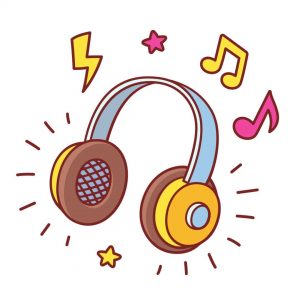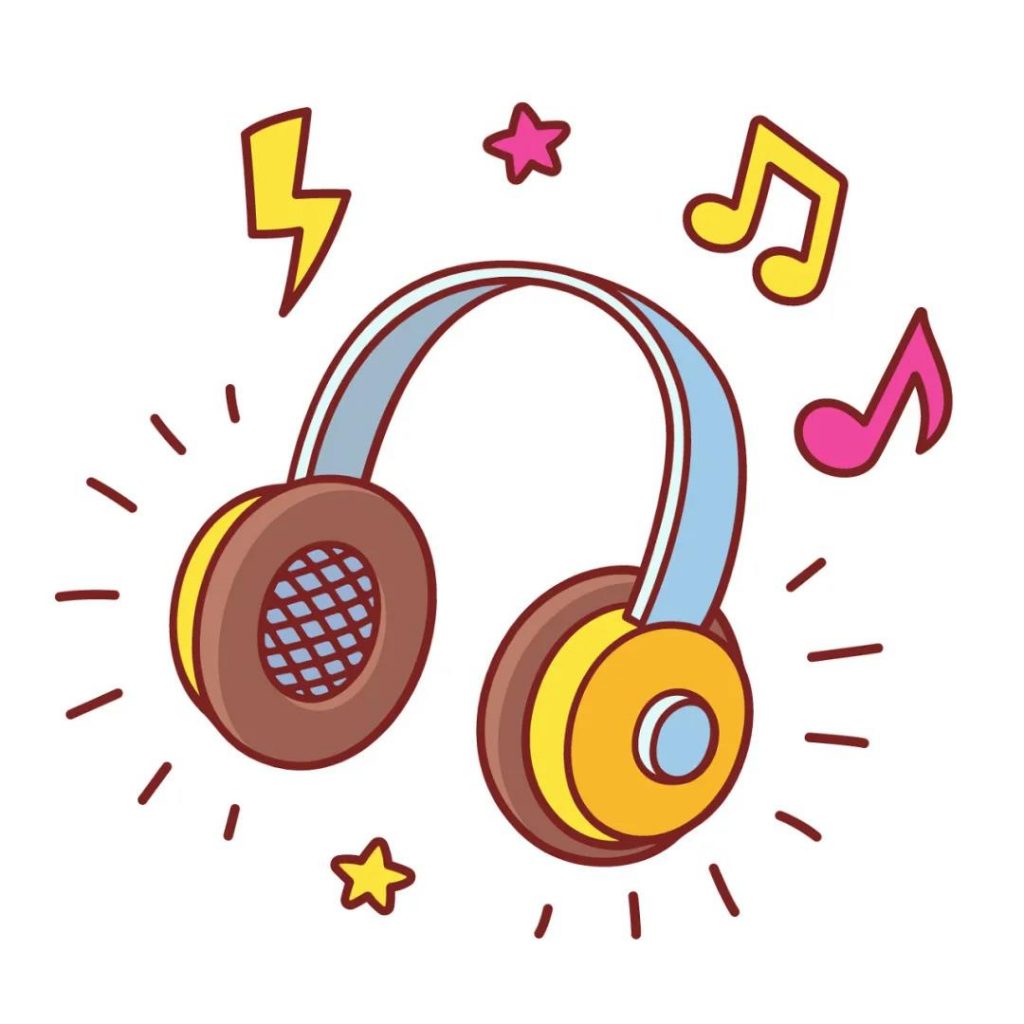
There are many different explanations for this problem. A study in 2019 provides a more rigorous answer: listening to music may affect jobs that need creativity.
The researchers gathered 30 adults (15 women and 15 men) to study the impact of background music on their creativity in five scenarios.
The 5 spots are
➊ No background sound at all
➋ There is a background sound that simulates library noise
➌ Music with lyrics, and the lyrics are familiar to the subjects
➍ Music with lyrics, but the lyrics are in a foreign language and the participant has never heard it
➎ Musical instruments without lyrics

How to evaluate creativity? The study used a language-based creativity test, and the version used was the Compound Remote Associate Tasks (CRAT). The higher the test score, the stronger the creativity of the subjects.
After analyzing the test results, the researchers found that no matter what kind of music they listened to, the subjects’ creativity test scores were not as good as without music. Listening to any type of music, whether you like it or not, whether you can understand the lyrics, or even whether there is lyrics, will significantly affect your work performance. In contrast, a quiet environment, such as the sound of a library, will not have a significant impact.
What’s more interesting is that even when the subjects like the song very much and their emotions are obviously driven, or when they’re listening to this type of song while studying and working, the performance of their creativity when listening to the song Still obviously negatively affected.
Researchers believe that the biggest difference between library noise and music is that it is steady state (Chinese can be translated as “steady state”), but this statement is not perfect. From the perspective of sound engineering, it should be said that it is uneventful (in Chinese, it can be translated as “gentle, no special noticeable events occurred during the period”). In other words, listening to music affects work is probably because it plays too much).
Except for library noise, other gentle ambient sounds should have no obvious effect on the work, such as the sound of raining days and the chirping of birds in the woods. Of course, this sound can’t be too loud.

Although this experiment mainly explores creativity, if you think carefully about the tasks used in this experiment, it actually represents the three abilities of “language memory, insight, and problem solving.” These are inseparable from daily study and work.
Therefore, this research tells us that the music you listen to while studying or working, whether you like it or not, or not used to it, may not be good for creative work or work that includes problem-solving skills.
However, whether music affects work is still a controversial topic. In many cases, it is not the theory that has the final say, but our feelings. If you feel that you listen to music → feel better → study and work more vigorously, that’s not bad!
That’s it, the human body is really amazing~
Comments